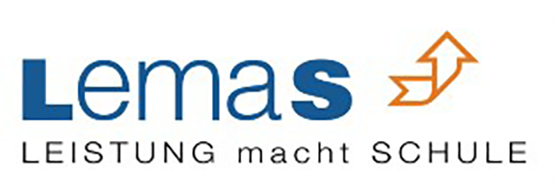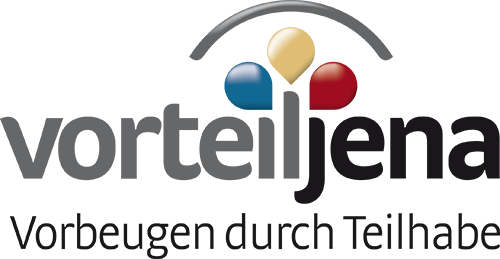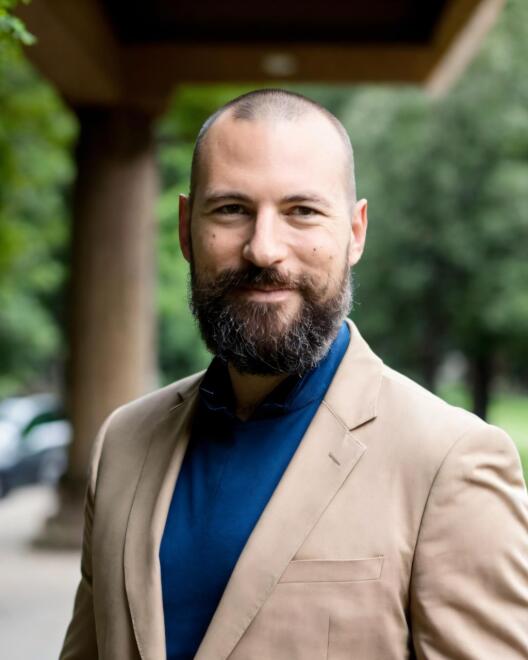Current Project

Scientific staff member in the LemaS NRW project. LemaS aims to recognize and foster the full potential of every learner, as well as to strengthen developmental processes for a talent-supportive school environment. In the second LemaS phase, "Transfer into the School Landscape" (2023-2027), the results of the first phase will be deepened and further disseminated. Schools from the first phase will act as multipliers during the transfer phase, offering their experiences and best practice examples for fostering students' potential and strengths to new schools. The networks are accompanied by the research consortium, the State Competence Center for Individual Support (lif), and the district governments.
Completed Projects

- 2020-2022: Project lead in the BMBF joint project "Enhancing Professional Perception in Digital, Video-Based Self-Learning Modules" (ProdiviS) (16DHB3030) from January 1, 2020, to December 31, 2022, with three subprojects at FU Berlin (Prof. Dr. Felicitas Thiel: Enhancing Professional Perception of Classroom Disturbances through Cueing in a Digital, Video-Based Self-Learning Module - CueVis), University of Cologne (Prof. Dr. Kai Kaspar & Prof. Dr. Johannes König: Perception and Decision-Making in Classroom Management Situations), and University of Münster (Prof. Dr. Manfred Holodynski, Prof. Dr. Nicola Meschede & Dr. Robin Junker: Multi-Perspective Perception of Classroom Management and Learning Support in Subject Teaching – ProdiviS-MS). The consortium was led by Prof. Dr. Holodynski in Münster. Two 75% research staff positions and a total of €569,050.80 in funding were granted for the Münster subproject. The resulting self-learning modules are available at: Link to learning modules.
- 2022: Project "Self-Learning Module on Classroom Management in Teacher Training (ProdiviS-VD)." In cooperation with the Center for School Practical Studies of the Münster district government, two cohorts of all primary school teacher trainees in the Münster district completed the self-learning module on classroom management in 2022. The effectiveness of the module for teacher training is being evaluated.
- 2019-2023: Coordination of the subproject "Video-Based Teaching Modules as a Means of Theory-Practice Integration" of the BMBF project Quality Offensive Teacher Education WWU Münster (Phase 2). The project was led by Prof. Manfred Holodynski together with Prof. Dr. Nicola Meschede. The goals of the subproject were (1) the design and evaluation of video-based teaching modules for teacher education, (2) the professional production of teaching videos, and the further expansion of the ProVision video portal for teacher education with these teaching videos and accompanying materials, (3) the development of the nationwide meta-video portal unterrichtsvideos.net as a search platform for teaching videos.

- 2016-2019: Coordination of the subproject "Video-Based Teaching Modules as a Means of Theory-Practice Integration" of the BMBF project Quality Offensive Teacher Education WWU Münster (Phase 1). The project was led by Prof. Manfred Holodynski together with Prof. Dr. Kornelia Möller (Institute for Didactics of Science Education, WWU Münster). Participation from 2017-2019. The goals of the subproject were (1) the design and evaluation of video-based teaching modules for teacher education, (2) the professional production of teaching videos, and the development of the ProVision video portal for teacher education with these teaching videos and accompanying materials.

- 2015: Scientific collaboration in the BMBF project "Vorteiljena." Vorteiljena stood for Prevention through Participation in the Jena region. Vorteiljena was funded by the Federal Ministry of Education and Research (BMBF) from 2014 to 2018. We achieved more social participation with scientifically tested practical aids for healthy learning, working, and aging. The focus was particularly on promoting teacher health through cross-school teacher networks.
- 2013-2015: Scientific coordination of the NRW Gifted Education Network. The project, funded by the KARG Foundation, the Foundation Partners for School, and the Ministry of School and Education of North Rhine-Westphalia, aimed to sustainably establish gifted education in all school types in North Rhine-Westphalia. During the five-year project duration, a network of over 80 schools was created, which, after working on the topic of gifted education, now facilitates other schools across the state in entering the topic and addressing the associated tasks.






